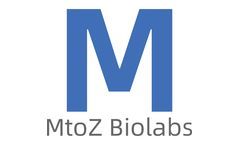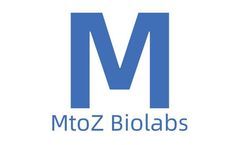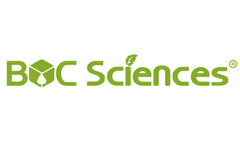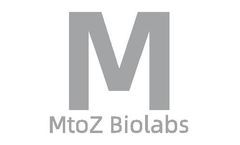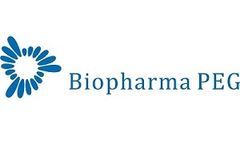Drug Conjugate Articles & Analysis: Older
53 articles found
Antibody drugs are a kind of drugs that treat diseases through artificially synthesized antibodies, achieving therapeutic purposes by specifically binding with target molecules. Common types of antibody drugs include monoclonal antibodies, artificially synthesized antibody fragments, immunotoxins, antibody-drug ...
Among the most promising strategies in this endeavor are the use of tumor models for breast cancer and the development of customized antibody-drug conjugates (ADCs). These advancements not only enhance our understanding of the disease but also pave the way for more targeted therapeutic solutions. ...
Antibody drugs are a type of drugs that treat diseases through artificially synthesized antibodies, which bind specifically to target molecules for therapeutic purposes. Common types of antibody drugs include monoclonal antibodies, artificially synthesized antibody fragments, immunotoxins, and antibody-drug ...
Antibody-drug conjugates (ADCs) are a new class of drugs that combine the advantages of both antibodies and small molecule toxins. ...
Antibody-drug conjugates (ADCs) represent a groundbreaking class of therapeutics that combine the specificity of monoclonal antibodies (mAbs) with the potent cytotoxic effects of small-molecule drugs. ...
By conjugating PEG chains to drug molecules, pharmaceutical companies can create formulations that dissolve more readily in biological fluids, ensuring that the active ingredient reaches its target site in the body. Prolonging Drug Half-Life The process of PEGylation, which involves attaching PEG chains to therapeutic molecules, has been a ...
Kate Sasser from Tempus led a discussion on the potential of antibody-drug conjugates (ADCs), their challenges in targeting tumor antigens, and the future of cancer treatment with Dr. ...
ByTempus
The inspection items of Antibody-Drug Conjugates (ADCs) usually include a series of tests to evaluate the quality, stability, efficacy, and safety of ADCs. ...
Since antibody-drug conjugates (ADCs) have the molecular characteristics of both small molecule and macromolecule therapeutic drugs, when choosing analytical methods, the typical ones used for both should all be considered. ...
These specially sized polymers are designed to improve the stability and delivery of proteins and peptides in drugs. They are essential for Antibody-Drug Conjugate (ADC) linkers, Proteolysis Targeting Chimeras (PROTAC) linkers, and PEGylated proteins and peptides. ...
Antibody-drug conjugates (ADCs) represent a rapidly developing field within pharmaceutical biotechnology. ...
Bioconjugation involves a variety of methods such as direct conjugation, use of a linker, or use of a spacer arm. In SN38-BSA bioconjugate, a type of bioconjugate called a protein-drug conjugate is created. ...
With the approval of many antibody-drug conjugation (ADC) drugs around the world since 2019, conjugate drugs have developed into one of the hottest tracks in the pharmaceutical industry. ...
Radioactive drug conjugates (RDCs), as a particular form of coupling drugs, are formed by combining radioactive isotopes with disease-targeting molecules. ...
In order to more effectively deliver chemotherapy drugs, Small Molecule Drug Conjugates (SMDC), Antibody Drug Conjugates (ADC), and Degradation Antibody Conjugates (DAC) have been successively explored and developed, enhancing the therapeutic index while providing selective delivery. ...
Therefore, nanobodies have shown good control effects in disease diagnosis, cancer and infectious diseases.What are Nanobody-Drug Conjugates (NDCs)The development concept of nanobody-drug conjugates (NDCs) is similar to that of antibody drug conjugates (ADC), that is, the antibody in ADC is ...
The catabolism of this structure causes Lys-SMC-DM1 to become the main tumor metabolite. Furthermore, drugs linked to this linker usually cannot exert bystander effect because the released catabolites are less permeable. ...
Biopharma PEG, a leading innovator in polyethylene glycol (PEG) derivatives, proudly introduces its featured Azide PEG series, which can be used in drug development, click chemistry, ADCs (Antibody Drug Conjugates), PROTACs (Proteolysis Targeting Chimeras), and beyond. ...
Antibody-PROTAC conjugates combine the catalytic properties of PROTAC with the tissue specificity of ADC, thereby overcoming the traditional limitations of targeting degraders and ADCs, and have great potential in targeting new targets.ADC with NIR-PIT Drug as PayloadNear-infrared photoimmunotherapy (NIR-PIT) drugs typically consist of ...
Antibody drug conjugates (ADCs) are a new class of biopharmaceuticals that use monoclonal antibodies to target tumor cells to deliver potent cytotoxic drugs. ...

